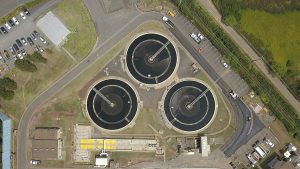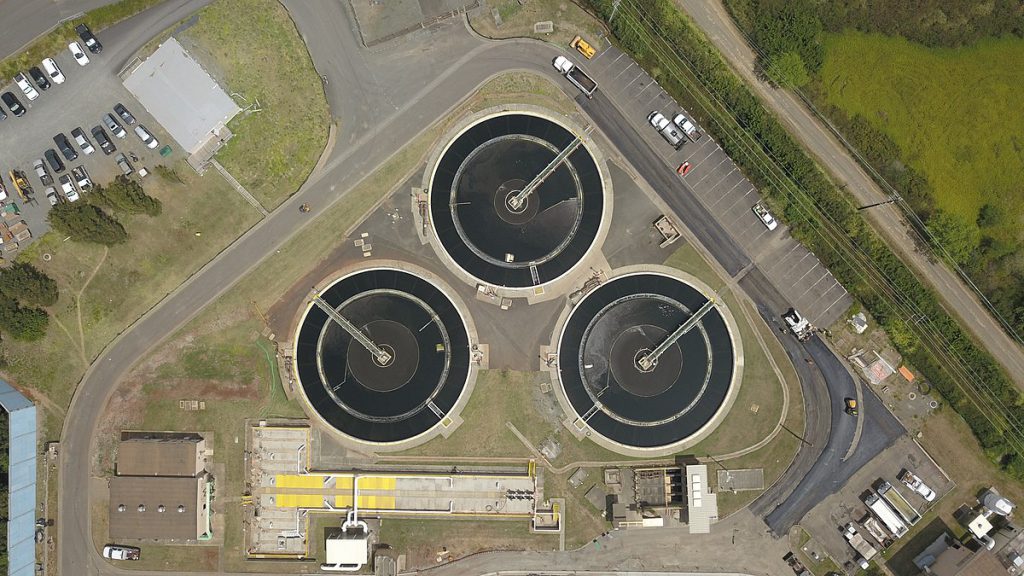
More wastewater surveillance coming out. Not sure about the title on this one since there’s been a number of publications on wastewater detection of SARS-CoV-2 in the US but maybe this title was correct when they submitted this paper “First detection of SARS-CoV-2 RNA in wastewater in North America: A study in Louisiana, USA“. Pretty straightforward paper… they looked for SARS-CoV-2 in wastewater, found it, and suggest a need for further optimizing these kinds of protocols. Abstract below:
We investigated the presence of severe acute respiratory syndrome coronavirus 2 (SARS-CoV-2) RNA in wastewater samples in southern Louisiana, USA. Untreated and treated wastewater samples were collected on five occasions over a four-month period from January to April 2020. The wastewater samples were concentrated via ultrafiltration (Method A), and an adsorption–elution method using electronegative membranes (Method B). SARS-CoV-2 RNA was detected in 2 out of 15 wastewater samples using two reverse transcription-quantitative polymerase chain reaction (RT-qPCR) assays (CDC N1 and N2). None of the secondary treated and final effluent samples tested positive for SARS-CoV-2 RNA. To our knowledge, this is the first study reporting the detection of SARS-CoV-2 RNA in wastewater in North America, including the USA. However, concentration methods and RT-qPCR assays need to be refined and validated to increase the sensitivity of SARS-CoV-2 RNA detection in wastewater.
